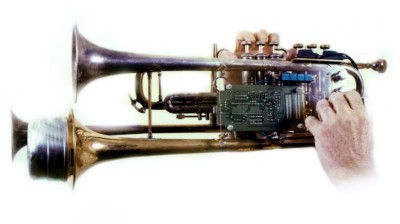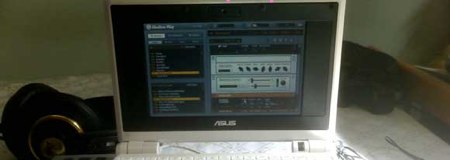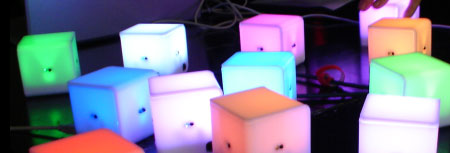
[Manuel] has been playing around with [Johnny Lee]’s Wiimote head tracking code. He’s posted a preliminary port outlining the code in the Processing environment. It relies on darwiinremoteOSC so you won’t see this outside of OSX, but it should help you out if you’re trying to do this is in Processing on another platform.
[via Create Digital Motion]
[photo: nicolasnova]













